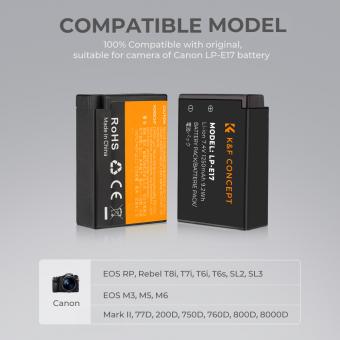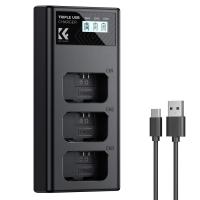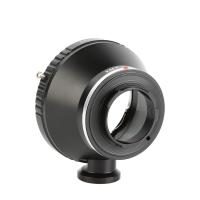What Happens When You Overcharge A Camera Battery ?
Overcharging a camera battery can lead to various consequences. It can cause the battery to overheat, which may result in damage to the battery cells or even cause them to leak. Overcharging can also reduce the overall lifespan of the battery, leading to decreased performance and capacity over time. In extreme cases, overcharging can even cause the battery to swell or explode, posing a safety risk. It is important to follow the manufacturer's guidelines and use the recommended charger to avoid overcharging the camera battery.
1、 Decreased battery lifespan and capacity
When you overcharge a camera battery, it can have several negative effects on its lifespan and capacity. Overcharging occurs when a battery is left connected to a charger for an extended period of time after it has reached its full charge. This can happen due to forgetfulness or leaving the battery plugged in overnight.
One of the main consequences of overcharging is a decreased battery lifespan. Lithium-ion batteries, which are commonly used in camera batteries, have a limited number of charge cycles before they start to degrade. Overcharging can accelerate this degradation process, causing the battery to lose its ability to hold a charge over time. This means that the battery will need to be replaced more frequently, resulting in additional costs for the camera owner.
Additionally, overcharging can also lead to a decrease in battery capacity. When a battery is overcharged, it can cause the electrolyte inside the battery to break down, resulting in a loss of active material. This loss of active material reduces the overall capacity of the battery, meaning that it will not be able to power the camera for as long as it used to. This can be particularly frustrating for photographers who rely on their camera for extended periods of time, as they may find themselves needing to recharge or replace the battery more frequently.
It is worth noting that modern camera batteries often come with built-in protection circuits that help prevent overcharging. These circuits monitor the battery's charge level and automatically stop the charging process when it reaches full capacity. However, it is still important for camera owners to be mindful of their battery usage and avoid leaving it connected to a charger for longer than necessary.
In conclusion, overcharging a camera battery can have detrimental effects on its lifespan and capacity. It can lead to a decreased battery lifespan, requiring more frequent replacements, and a decrease in battery capacity, resulting in shorter usage times. It is important for camera owners to be aware of the potential risks of overcharging and take steps to prevent it from happening.
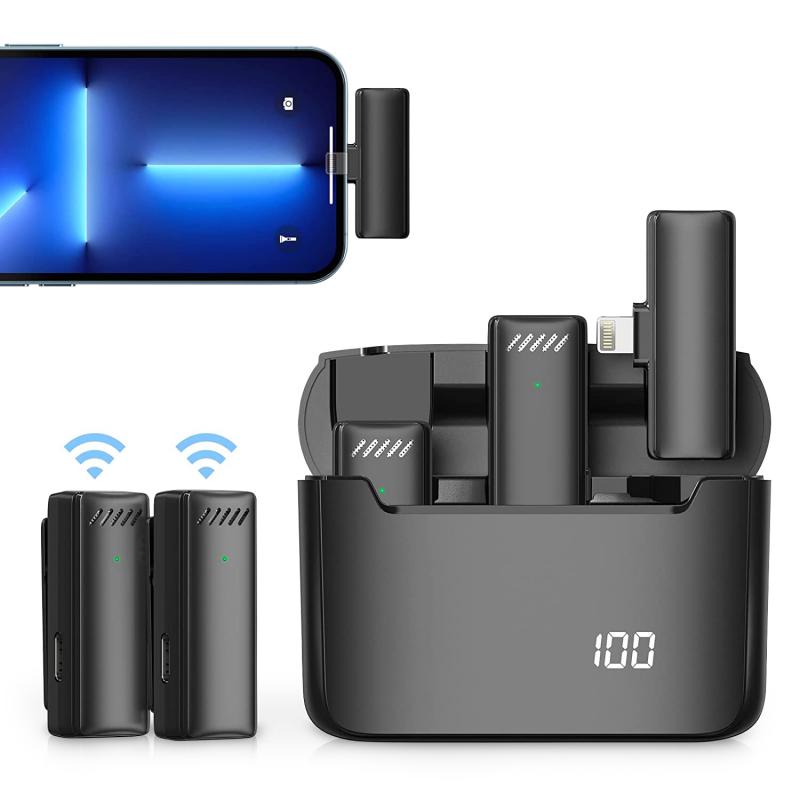
2、 Risk of battery leakage or explosion
When you overcharge a camera battery, there is a risk of battery leakage or explosion. Overcharging occurs when a battery is charged beyond its recommended voltage or for an extended period of time. This can happen due to a faulty charger, incorrect charging settings, or simply leaving the battery connected to the charger for too long.
Overcharging a camera battery can lead to several negative consequences. The most immediate risk is battery leakage. When a battery is overcharged, the electrolyte inside can heat up and expand, causing the battery to leak. This leakage can damage the camera and other equipment it is connected to, potentially rendering them unusable.
Furthermore, overcharging can also lead to the battery becoming unstable and prone to explosion. The excessive heat generated during overcharging can cause the battery's internal components to break down, leading to a buildup of gas and pressure. If this pressure is not released safely, it can result in an explosion, posing a significant safety hazard.
It is important to note that modern camera batteries often come with built-in protection mechanisms to prevent overcharging. These mechanisms automatically stop the charging process once the battery reaches its full capacity. However, these safeguards are not foolproof, and there have been cases of battery failures even with these protections in place.
To avoid the risks associated with overcharging, it is crucial to follow the manufacturer's instructions for charging the camera battery. This includes using the recommended charger and ensuring that the battery is not left connected to the charger for an extended period. Additionally, it is advisable to periodically inspect the battery for any signs of damage or leakage and replace it if necessary.
In conclusion, overcharging a camera battery can result in battery leakage or explosion. It is essential to handle camera batteries with care, follow the manufacturer's guidelines, and be vigilant for any signs of damage or malfunction.
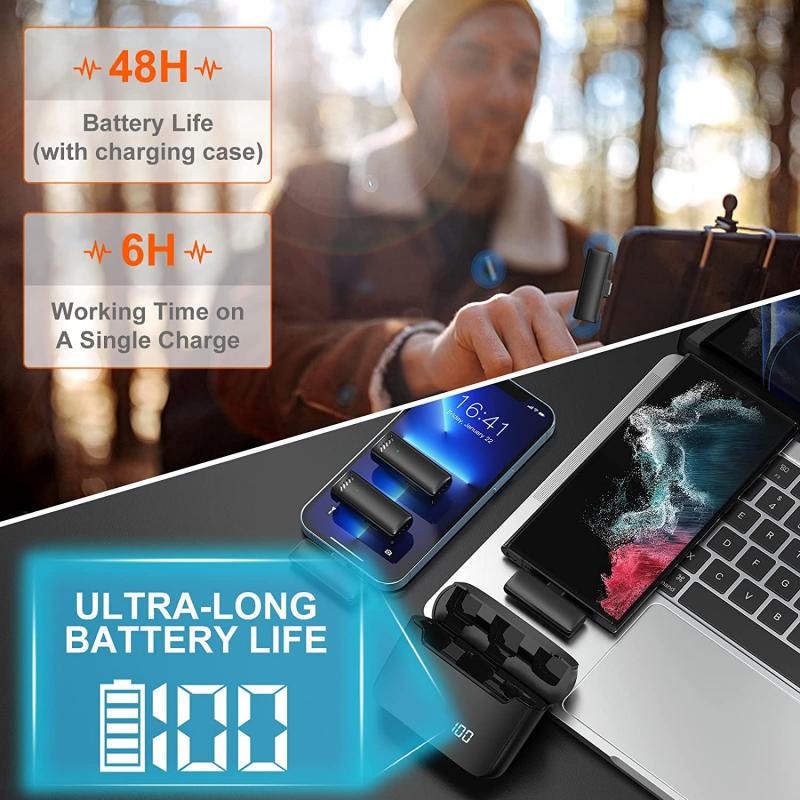
3、 Potential damage to the camera's internal circuitry
When you overcharge a camera battery, there is a potential risk of damaging the camera's internal circuitry. Overcharging occurs when the battery is left connected to the charger for an extended period of time beyond its recommended charging time. This can lead to various negative consequences for both the battery and the camera itself.
One of the primary risks of overcharging is the possibility of overheating the battery. Lithium-ion batteries, commonly used in cameras, are sensitive to excessive heat. Overcharging can cause the battery to generate more heat than it can dissipate, leading to thermal runaway. This can result in the battery swelling, leaking, or even exploding, posing a safety hazard.
Moreover, overcharging can cause the battery's voltage to rise beyond its safe limits. This can lead to the degradation of the battery's capacity and overall lifespan. Over time, the battery may lose its ability to hold a charge, resulting in reduced battery life and the need for more frequent recharging.
In addition to the potential damage to the battery, overcharging can also harm the camera itself. The excess voltage from the overcharged battery can be transmitted to the camera's internal circuitry, causing damage to sensitive components. This can result in malfunctions, such as erratic behavior, failure to power on, or even permanent damage to the camera.
It is important to note that modern camera batteries often come with built-in protection circuits to prevent overcharging. These circuits monitor the battery's voltage and automatically cut off the charging process when it reaches the recommended level. However, it is still advisable to follow the manufacturer's instructions and avoid leaving the battery connected to the charger for extended periods.
In conclusion, overcharging a camera battery can potentially lead to damage to both the battery and the camera's internal circuitry. It is crucial to exercise caution and adhere to the recommended charging guidelines to ensure the longevity and proper functioning of both the battery and the camera.
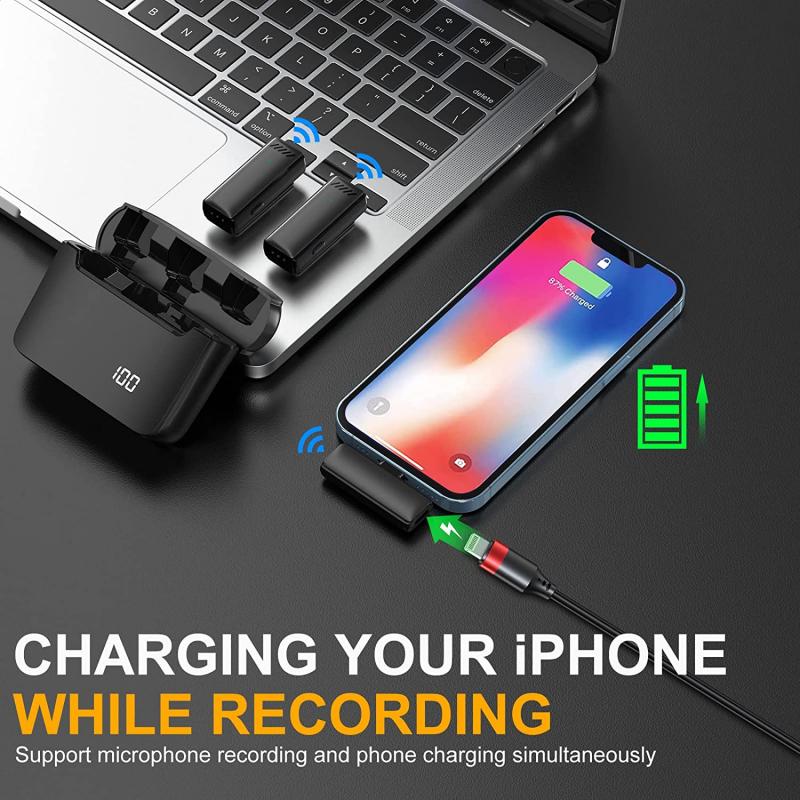
4、 Increased heat generation and potential overheating
When you overcharge a camera battery, it can lead to increased heat generation and potential overheating. Overcharging occurs when you continue to charge the battery even after it has reached its maximum capacity. This can happen if you leave the battery connected to the charger for an extended period of time or if the charger does not have proper voltage regulation.
The increased heat generation is a result of the excess electrical energy being converted into heat. As the battery continues to charge beyond its capacity, the chemical reactions inside the battery become less efficient, leading to the production of more heat. This heat can cause the battery to become hot to the touch and, in extreme cases, can even cause the battery to swell or leak.
Overheating is a serious concern when it comes to camera batteries. Excessive heat can damage the internal components of the battery, reducing its overall lifespan and potentially rendering it unusable. Moreover, overheating can also pose a safety risk as it increases the likelihood of a battery malfunction or even a fire hazard.
It is important to note that modern camera batteries often come with built-in protection mechanisms to prevent overcharging. These mechanisms can help regulate the charging process and prevent excessive heat generation. However, it is still advisable to be cautious and avoid overcharging the battery to ensure its longevity and safe operation.
In conclusion, overcharging a camera battery can result in increased heat generation and potential overheating. This can lead to reduced battery lifespan, potential damage to the battery, and even safety hazards. It is always recommended to follow the manufacturer's guidelines and avoid overcharging the battery to ensure its optimal performance and longevity.


